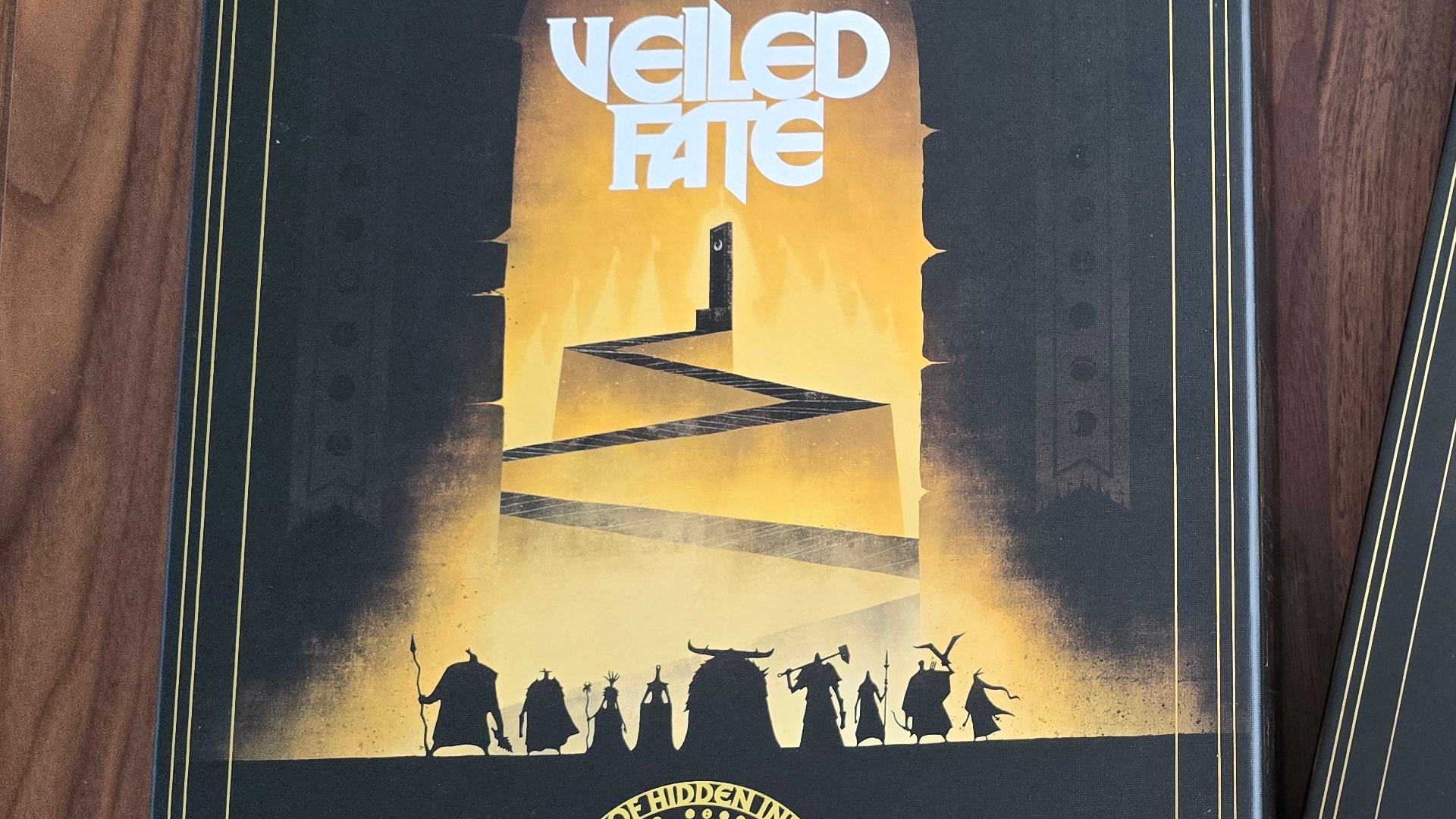After years of despising JRPGs, Clair Obscur has finally brought me around by ditching the standard cast of tedious teenagers
Now Playing | Expedition 33 brought me around to one of my least favorite genres by aging up its themes, dialogue and (thank Christ), the cast
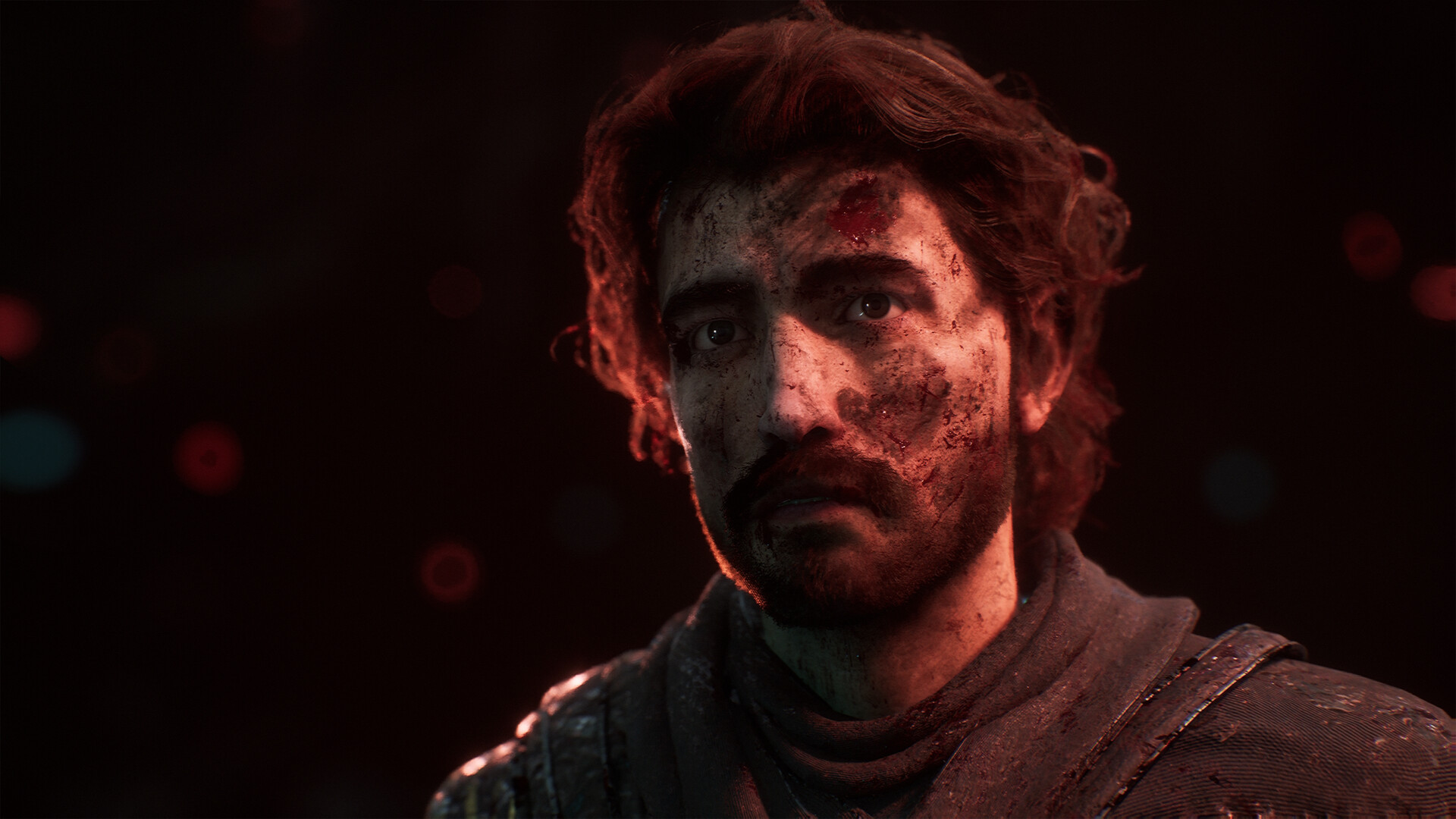
God, I hate teenagers. I hated teenagers when I was a teenager, which admittedly made socializing tricky. And weird as it sounds, I don't think that's unrelated to my struggle to get along with JRPGs. Despite having tried to complete dozens of them across my life from various acclaimed series (Persona, Final Fantasy, Tales, etc), I could probably count the number of genre classics I've willingly completed on one hand.
But after being pressured from all sides to try it and currently 20 hours in, it turns out I like Clair Obscur: Expedition 33 quite a bit, certainly more than I was expecting to. It's stylish and atmospheric and melodramatic in a way that many JRPGs often are, but now it's different. Now it lands in a way that they so rarely do for me, even though at a glance it doesn't seem meaningfully different to the heritage that clearly influenced it. I think it comes down to my aforementioned distaste for that greasy phase of post-adolescence – and how Clair Obscur carefully sidesteps it.
Old boy
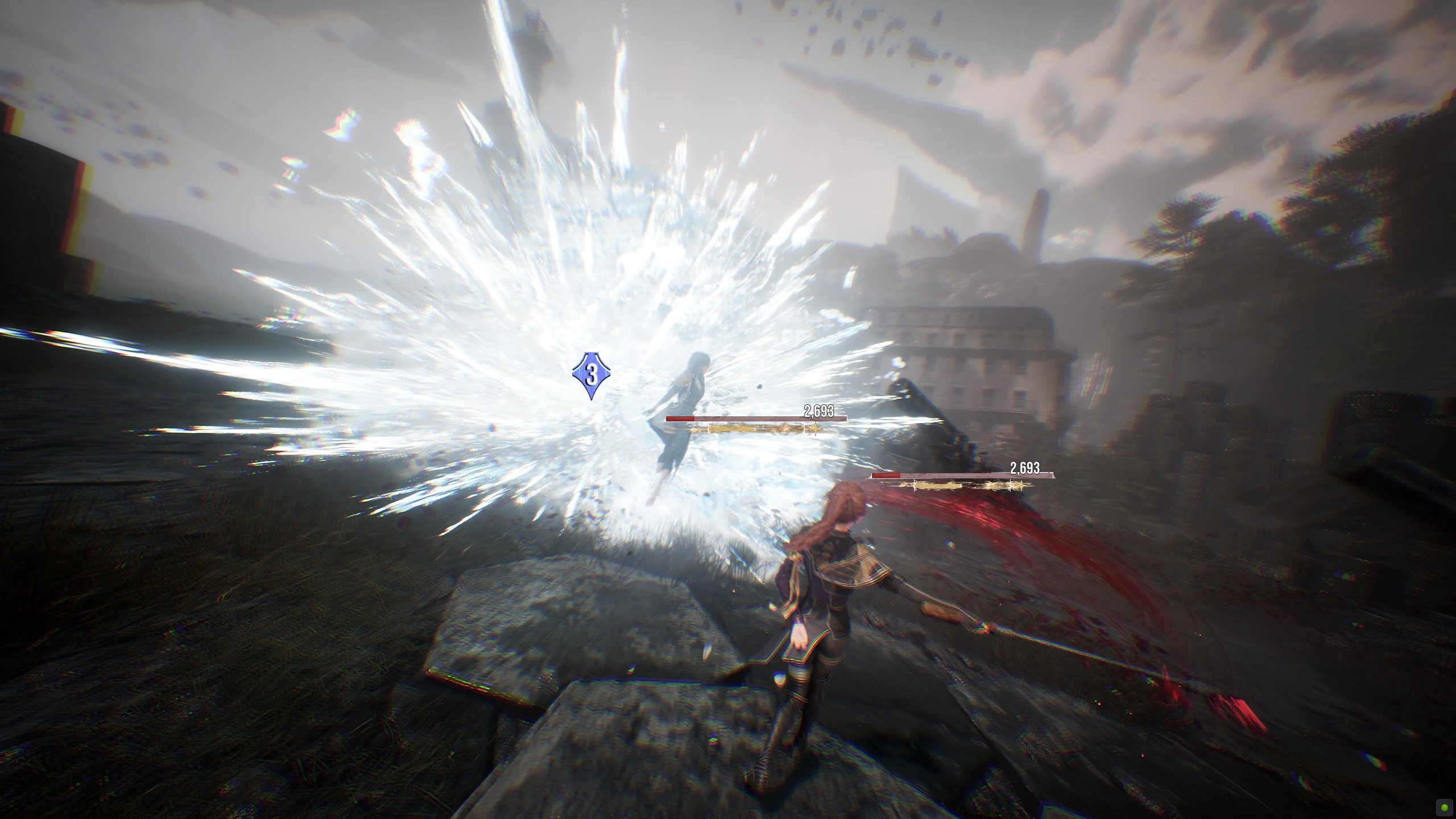
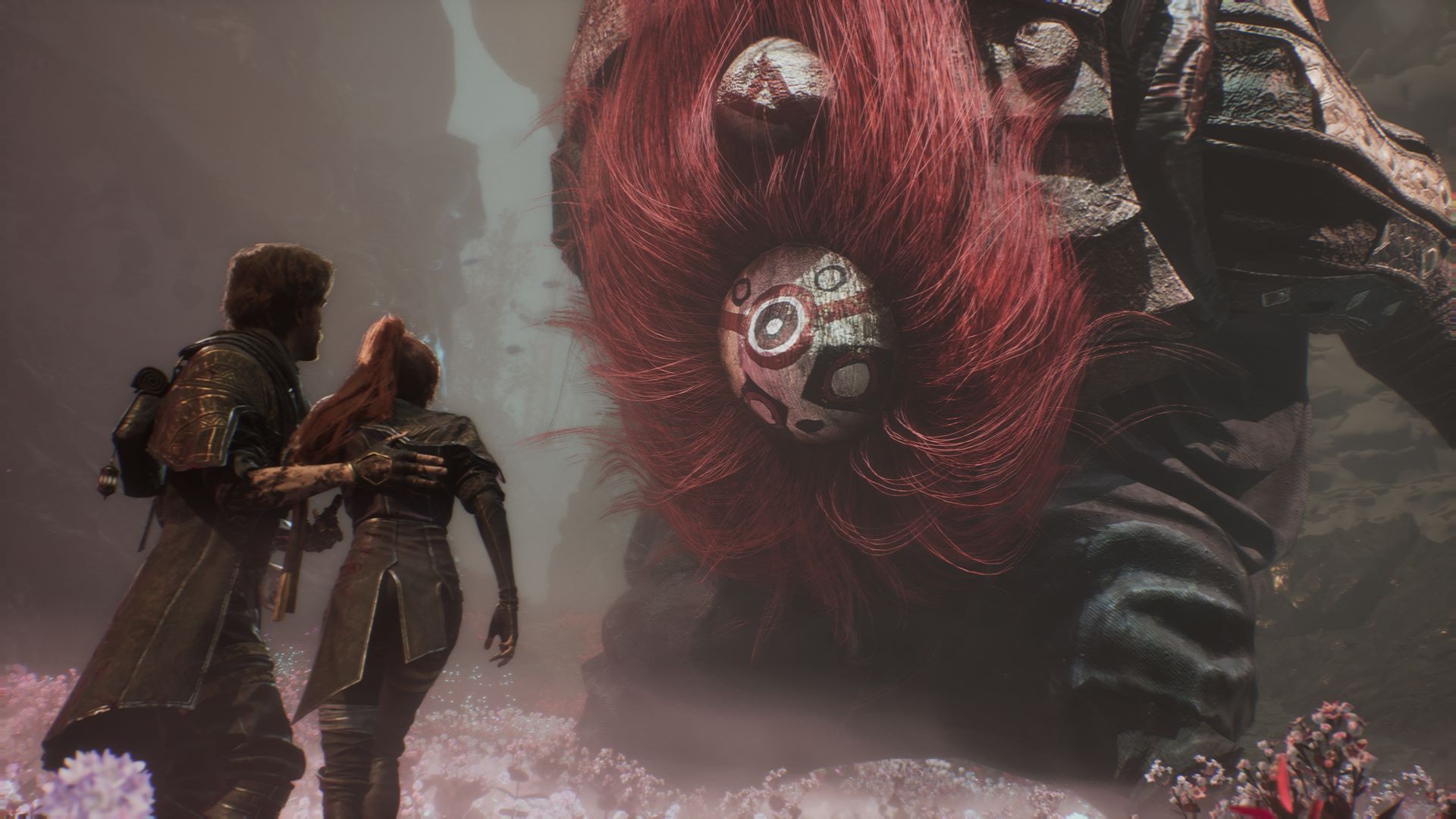
Clair Obscur: Expedition 33 review: "An old-school feeling JRPG as dynamic as Persona but with parry-filled battles as hard-won as Sekiro"
It would've been easy for Expedition 33 to be rife with pouty kids, considering its premise: a hostile deity is bringing down the maximum lifespan for a fantasy city's inhabitants year by year. The devs could've filled the playable strike team with fifteen-year olds and easily just written it off as them being the current oldest generation.
But they didn't. With the exception of Maelle, the main protagonists are all in or near their thirties, staring down the barrel of greying hair and laughter lines even if they survive the next Gommage. Why does this matter? Well, it means that the way they approach problems and life is completely different. I want to be careful about my phrasing here and clarify that I'm talking in general broad strokes, but teenagers both in life and fiction tend to be… emotive. Mood swings, strong depths of feeling, hormone-driven impulses. Why react when you could overreact instead? Your friends become do-or-die allies, your enemies are the most twisted of monsters, and your worldview is fiery and revolutionary.
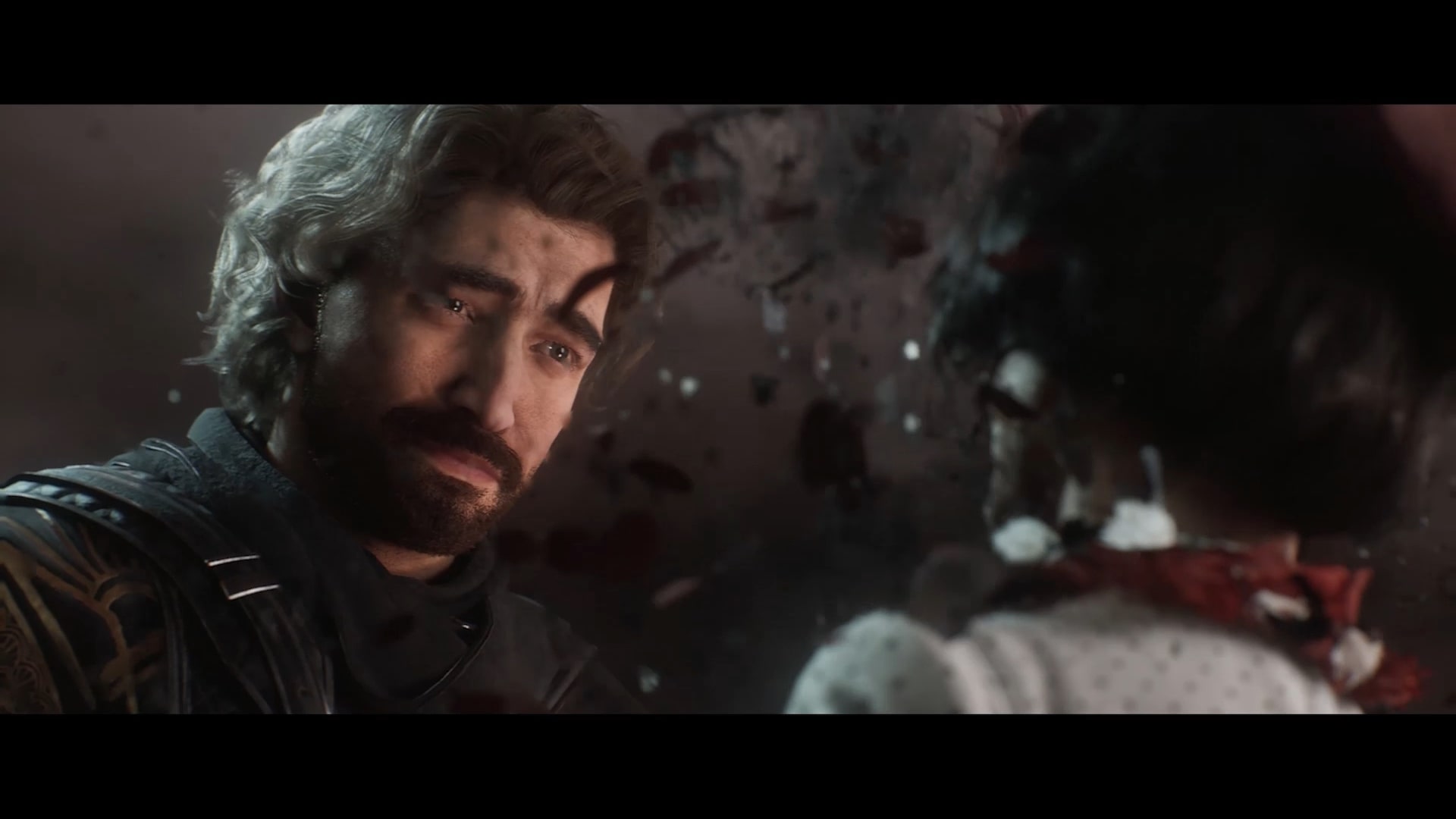
What's often sacrificed as a result of this mindset is subtlety and nuance. After all, with every emotion and idea being dialled up to eleven, there's little space for reflection or balance. But not only are the characters in Clair Obscur older than teenagers, the Paintress' actions have psychologically aged them all before their time. The opening sequence where Gustave wanders down to the beach to quietly hold hands with the woman he never managed to be with as she crumbles into dust could have been written as some weeping, howling affair, all snotty noses and tortured rending of garments… but it isn't. It's soft and sad and gentle, something they've all come to terms with over years of it happening. They're heartbroken, but they're also clearly very used to that feeling.
The Gommage means that most of the cast know they're nearing the end of their lives, and there's a weariness that threads through their behaviour as a result. At first the expedition feels less like a mission with any real chance, and more like a meat grinder ceremony that now serves only to offer false hope. The two recurring archphrases are "We continue" and "For those that come after", neither of which exactly feel positive. These phrases speak to grim, plodding endurance until the inevitable slaughter – not youthful, peppy optimism, or firebrand joie de vivre.
The wisdom of the ages
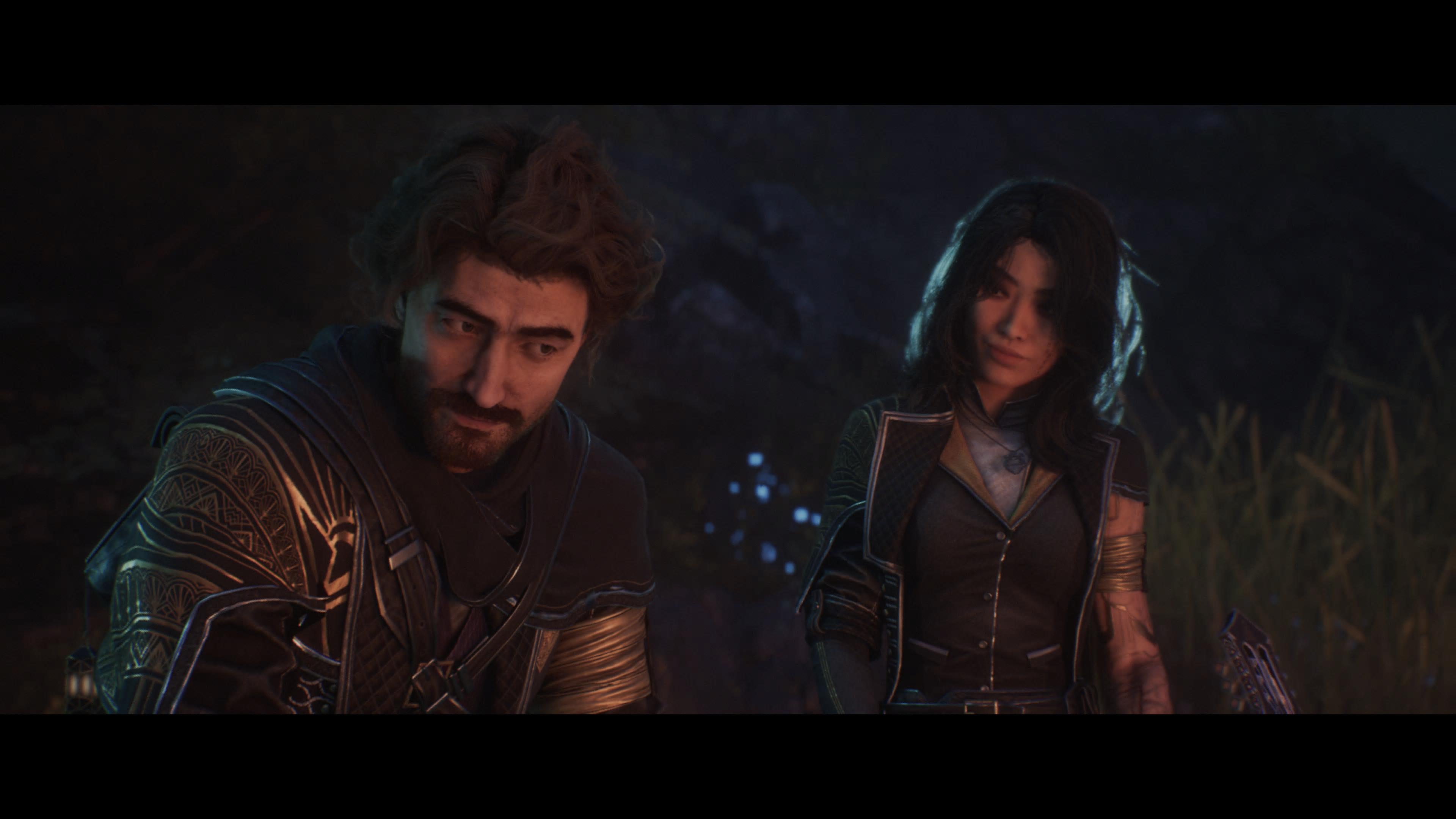
More mature characters also lead to more layered storytelling. Basic rule of writing – if you can express an idea in a single sentence, do so. It's one of those rules that I often get angry with JRPGs for flaunting – slumped in my chair, tapping my foot impatiently, waiting for them to laboriously re-explain a plot point I'd fully understood before they even began talking about it. Again, it's overreaction instead of subtlety.
Weekly digests, tales from the communities you love, and more
But being more worldly-wise adults (and more importantly written as such), the cast of Expedition 33 can leave a lot unsaid, making their conversations all the more potent for it. At one point they manage to find a missing friend palling about with some local gremlins, and Gustave is baffled by her unhurried behaviour, asking if she was just going to kill time until her scheduled disintegration. And she just shrugs with a sad smile, in that moment saying so much without saying anything. She doesn't believe their mission goal is feasible (maybe never believed it), and everything they do here is just a way to keep busy until they're eventually deleted by unknowable higher forces. Why not spend her last months doing something fun? The moment would be so much less powerful if she verbalised it – and it's in direct opposition to most JRPG dialogue practices that she doesn't.
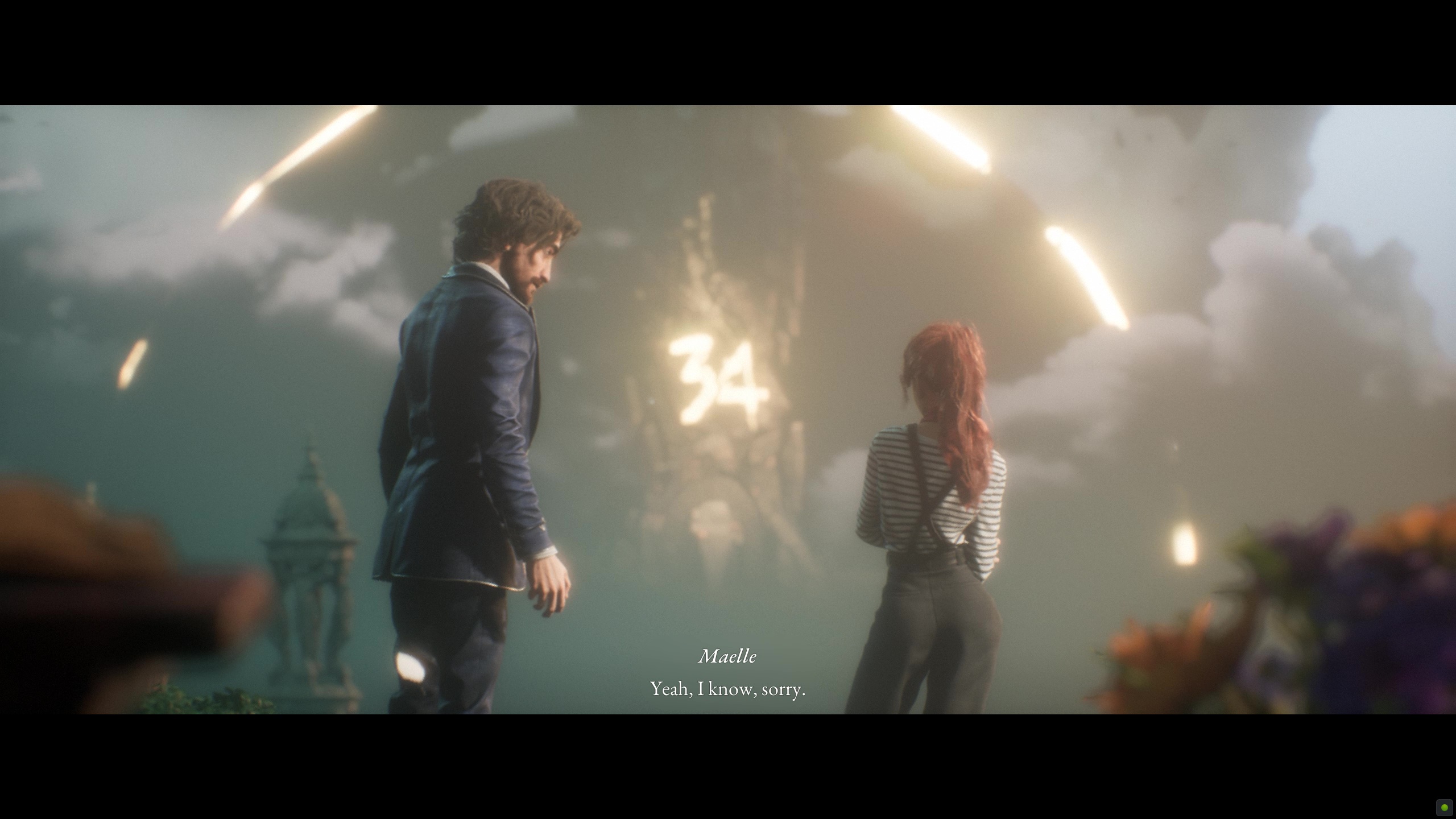
I also think that the framing of the overall threat feels more grown-up in a sly, insidious way that isn't necessarily pleasant, but certainly feels more honest and less performative for it. In adolescent narratives, the Gommage would be something impending that could be averted, a monster that could be slain and a world saved, or it would be something over and done with for a hardcore apocalypse setting. But here it's been slowly ruining the world for decades, with the eventual end of everything on the horizon. Thousands have died and the situation is already bad, but the worst of the crisis might yet be averted… except that the defeatist resignation of much of the populace is making it increasingly hard to do so. Who's to say what exactly that's an allegory for in our current global climate, but again, it feels like it stands out against JRPG practice that this can be left as subtext, rather than being bellowed at the audience several dozen times over.
To be clear, I'm not razzing anybody for liking JRPGs, but so much of the common storytelling conventions associated with the genre have always seemed to me… well, childish. Loud, obvious, unsubtle, unending narratives with the usual roster of stock character archetypes declaring their innermost thoughts at the audience, either not trusting us to read between the lines or not bothering to have lines to read between in the first place. But Clair Obscur: Expedition 33 challenges the audience to meet it halfway, respecting their intelligence and basic comprehension skills, and knows that topics of grief, loss and the struggle to go on have to be handled with a gentle hand – and the learned experience of adults.

Joel Franey is a writer, journalist, podcaster and Very Tired Man with a BA from Brunel University, a Masters from Sussex University and a decade working in games journalism, often focused on guides coverage but also in reviews, features and news. His love of games is strongest when it comes to groundbreaking narratives like Disco Elysium, UnderTale and Baldur's Gate 3, as well as innovative or refined gameplay experiences like XCOM, Sifu, Arkham Asylum or Slay the Spire. He is a firm believer that the vast majority of games would be improved by adding a grappling hook, and if they already have one, they should probably add another just to be safe. You can find old work of his at Eurogamer, Gfinity, USgamer, SFX Magazine, RPS, Dicebreaker, VG247, and more.
You must confirm your public display name before commenting
Please logout and then login again, you will then be prompted to enter your display name.
